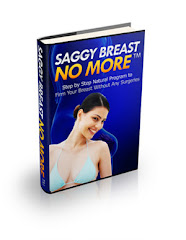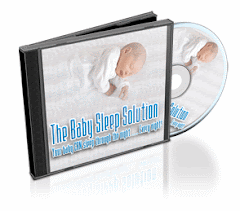Breast or bottle?
Some mothers for health and other reasons are unable to successfully breast feed their baby. While breast feeding is the ultimate option for your baby, it is sometimes just not possible. Babies who are bottle fed, like breast fed babies, also grow up to be happy, healthy and smart. This article looks at some of the advantages of breast feeding over bottle feeding.
When it comes to the debate of breast feeding versus bottle feeding almost every expert in the field of child care will recommend breast feeding. Recent research has shown that babies who are breast fed have higher intelligent quotient scores (IQs) by around ten points, than children who were bottle fed. Many studies of thousands of children have also show that those who were breastfed consistently get higher grades in school.
Breast milk benefits
One key ingredient in breast milk is a brain-boosting fat called DHA (docasahexaenoic acid). This is an omega-3 fatty acid. DHA is crucial for the growth and development of brain tissue. The brains of breast fed babies have a higher concentration of DHA. Formula or cows milk generally lacks DHA unless it is added as a supplement. Soy milk is also not good to use to bottle feed a baby under the age of one as it is missing this essential nutrient and can also cause your baby to have wind.
DHA levels are highest in babies who are breast fed the longest, which creates an argument for feeding a baby for a longer period of time. Breast milk ingredients are also essential for healthy eye development. DHA also happens to be one of the prime structural components of the eye. (Infant formulas made in the United States do not contain the ingredient DHA.)
Babies also require cholesterol to help their brains develop. Breast milk contains cholesterol, while infant formulas currently contain none. "Low in cholesterol" may be good news for adult diets, but this is not true for babies! Cholesterol helps cells grow essential nerve tissue in young brains.
Babies that are bottle fed may also be more nervous or sensitive than children who are breast fed. This is because both DHA and cholesterol are the building blocks of a substance called myelin. Myelin acts as insulation for nerves, making it possible for nerves to carry information from one part of the brain or body to another.
Bottle feeding downside
A downside of bottle feeding are those smelly poos! The stools of a bottle fed infant tend to be more smelly because cows milk does not contain enough lactose to allow the infant to digest the milk properly. A baby that is breast fed may also have less gas, colic, and burping episodes, and as a result be more good-natured and sleep better.
Breast feeding can also help your baby build healthy fat and tissue. The skin of babies who are breast-fed can be softer and firmer to the touch. The skin of bottle fed babies can sometimes become rough, scaly and have red patches due to mild allergies caused by the bottled milk.
The process of breastfeeding itself, with its skin-to-skin contact is a more intimate and interactive experience between mother and baby than bottle feeding. This is another way of helping babies get the stimulation they need for optimal brain development.
So, yes, breast feeding is best, but bottle feeding is sometimes the only option mothers have at the time. If you are unable to breast feed, don't be harsh on yourself and feel guilty for the rest of your life. Your baby will still receive nourishment and goodness, and has every chance to grow up to be smart happy and healthy!
http://www.newbornbaby.com.au
Free baby photo gallery and resources for mothers and expectant mothers
Article Source: http://EzineArticles.com/?expert=Carrie_Webster
Subscribe to:
Post Comments (Atom)




No comments:
Post a Comment